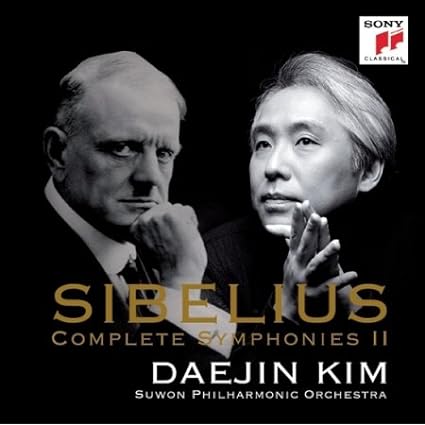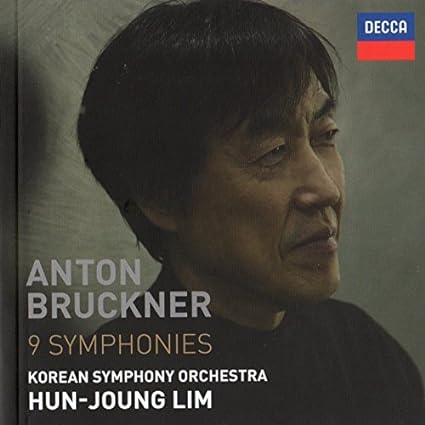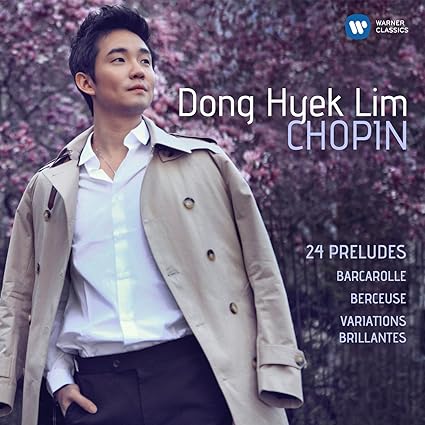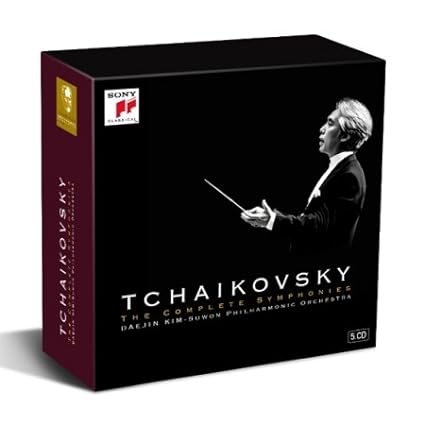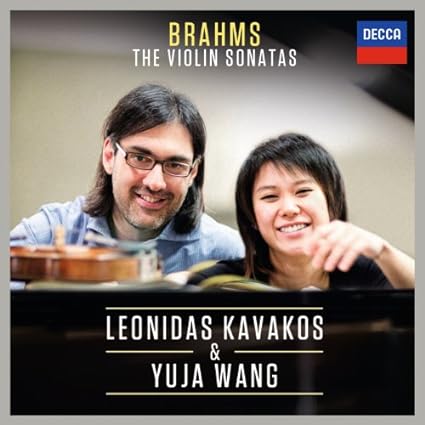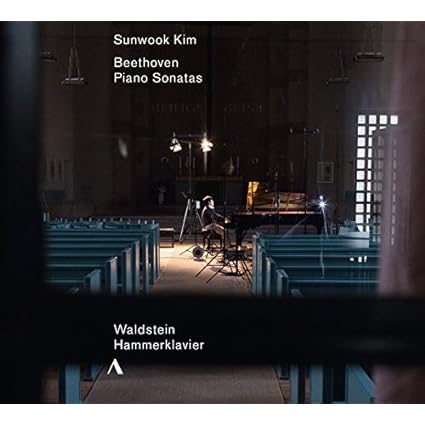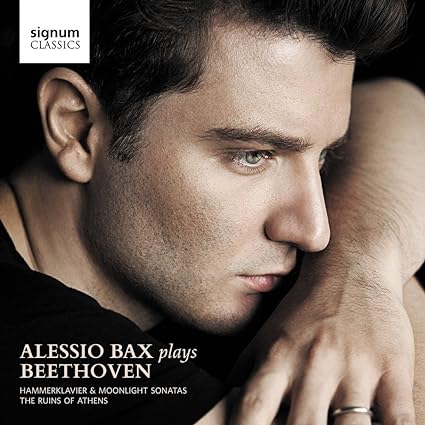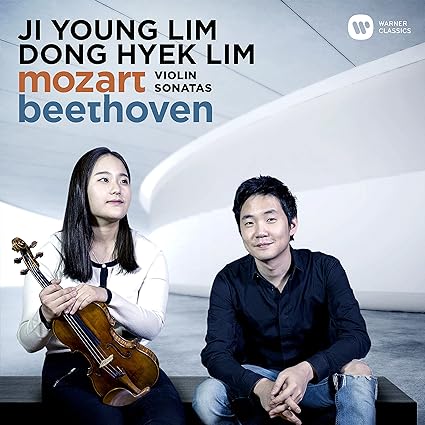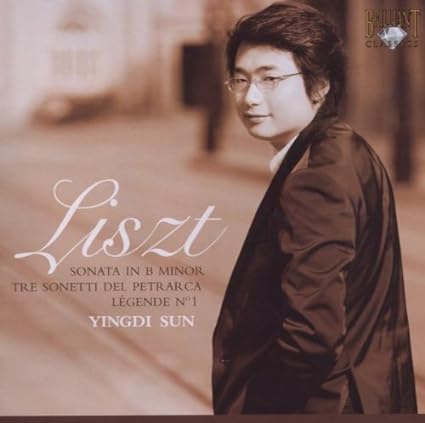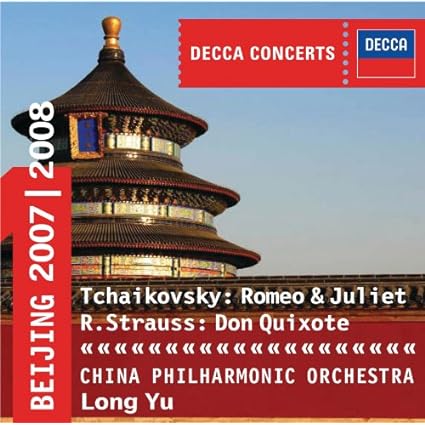Todd A
pfm Member

Next up, a well known artist for me. I am a big fan of Kun Woo Paik's pianisim, and I own all of his readily available recordings and snap up any new one that comes along, however infrequently that occurs. This Scriabin recording from 1991 offers an aural glimpse of mid-career Paik, just before he signed with Virgin, when he recorded for Dante. Universal Music Korea appears to have bought the recording, and reissued it in the pianist's home market.
It opens with the Second Sonata. The first movement alternates between well articulated passages, and crashing, hard, near ear-splittingly loud passages. Paik eschews gooey legato and avoids any hints of dreaminess. In overall style, it's sort of like a blend of Zhukov and Ponti, with the hardness rendering it more like the latter. In the second movement, Paik opens by scampering along the keyboard, keeping the playing small and light, before erupting into ear-splitting playing again.
Next up are the 24 Preludes, Op 11, and the metallic tinge remains as Paik plays the first prelude loud and fast, and while he dials back in the second prelude, and as appropriate thereafter, this is not on the soft-end of the spectrum interpretively most of the time. There are exceptions, as with the gorgeous and delicate 15th Prelude, so at least part of the hardness is an interpretive choice. The Poeme satanique starts off sounding dark and mysterious, but quickly segues to more delicate and attractive playing - the better to seduce and beguile, I suppose - only to then again erupt into ear-splitting playing, with the crescendo at the coda especially loud. Both this work and the following Op 65 Etudes are like miniature encapsulations of Paik's approach throughout the program.
The disc closes with the Tenth Sonata, which Scriabin apparently described by stating that 'Insects are the Sun's Kisses', and as Paik has done from time to time on various recordings, he extends the sonata, taking just shy of fourteen minutes to play it. That places him on the slow end of the spectrum in my collection, about even with Lettberg, with only the always idiosyncratic Ugorski taking even longer. He opens gently and mysteriously and slowly, but when the trills arrive, Paik dispatches them with musical haste bordering on the frenetic, and the he moves back and forth between languid and frenetic, or manic and depressive, in uniquely episodic fashion. As the work progresses, the faster playing sounds almost hallucinogenic. Had the sonata been recorded in SOTA sound for the day, it would easily be in contention for best ever version. It probably still is. This individual work is one of the best things I've heard from the pianist.
The 1991 recording, using a 1926 Steinway D, is very clear, close, dry, and dynamic, but the piano sounds metallic and almost monochromatic and loses its tuning from time to time. Also, whatever venue was used was not ideally sound-proofed as heavy vehicle traffic can be heard on occasion.
While the disc has some definite highlights, most importantly the great rendition of the Tenth Sonata, it is not one of Paik's best recordings overall.


